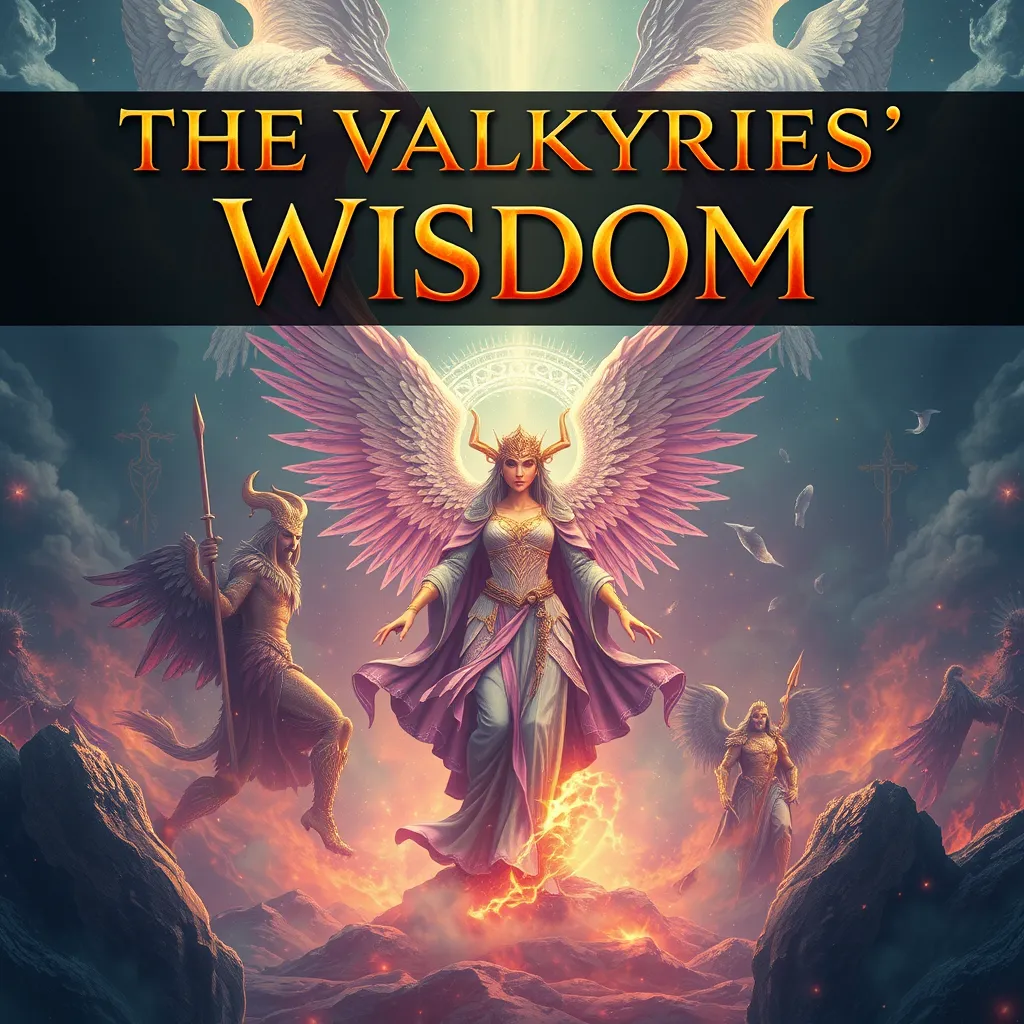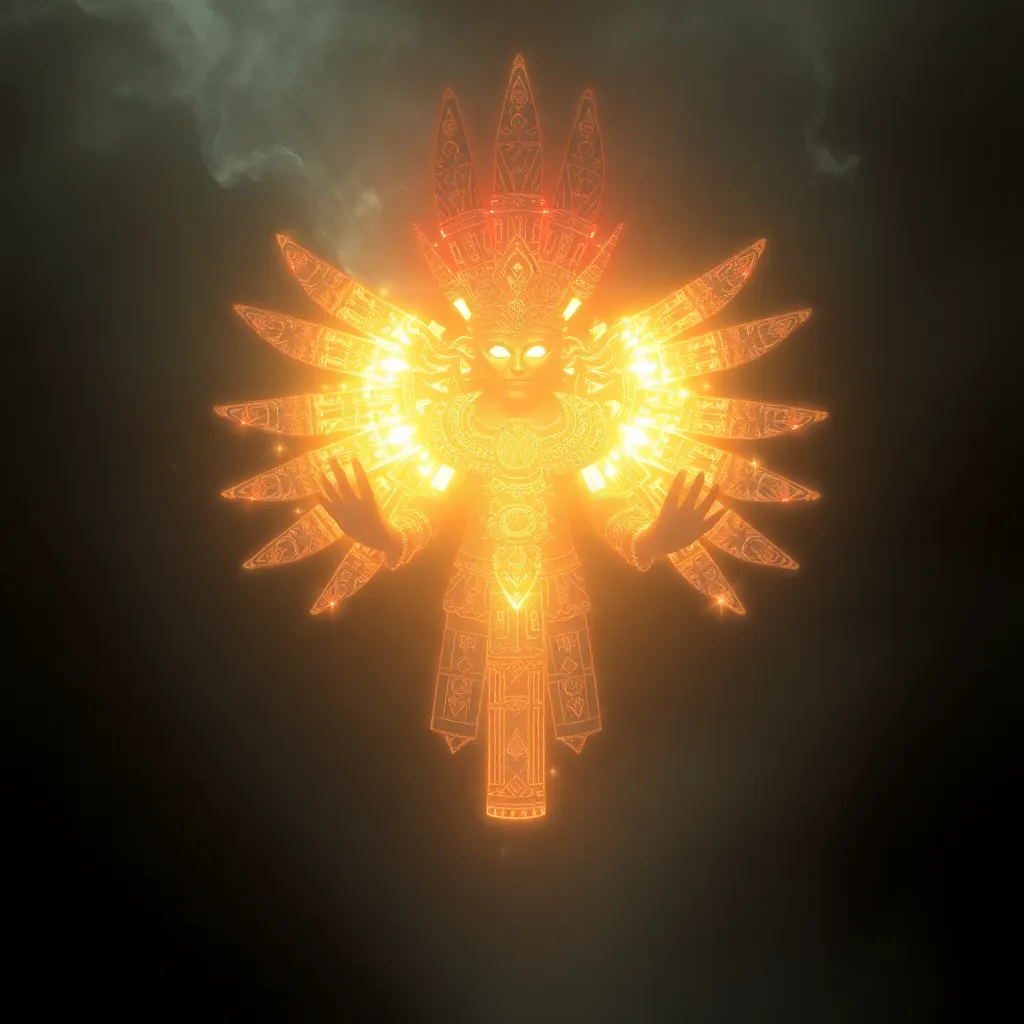The Horse of Freedom: Investigating the Symbolic Significance of Pegasus as a Force of Liberation and Independence
I. Introduction
In the rich tapestry of Greek mythology, few figures are as compelling and multi-faceted as Pegasus, the winged horse. Born from the blood of the Gorgon Medusa, Pegasus transcends his origins to become a potent symbol of freedom and independence. The image of this majestic creature soaring through the skies represents not only physical liberation but also the liberation of the mind and spirit. This article aims to explore the symbolic significance of Pegasus as a force of liberation, examining its mythological roots, literary representations, cultural contexts, psychological impacts, and more.
II. The Mythological Origins of Pegasus
A. The birth of Pegasus from Medusa
According to Greek mythology, Pegasus emerged from the decapitated head of Medusa, a Gorgon whose gaze could turn onlookers to stone. This extraordinary birth symbolizes the paradox of beauty and terror, as Pegasus embodies both the tragic fate of his mother and the potential for greatness that arises from suffering.
B. Pegasus in Greek mythology: Associations with heroes and gods
Pegasus is often linked with notable figures such as the hero Bellerophon, who rode him to defeat the monstrous Chimera. Additionally, Pegasus is associated with the Muses, the goddesses of inspiration, illustrating his role as a conduit between the divine and mortal realms.
C. The transformation of Pegasus into a symbol of the arts and inspiration
Beyond his heroic exploits, Pegasus has come to symbolize the artistic muse, inspiring creativity and imagination. His image is frequently invoked in literature and visual arts, representing the transcendence of the human spirit through artistic expression.
III. Pegasus as a Symbol of Freedom in Literature
A. Analysis of Pegasus in classical literature
In classical literature, Pegasus appears in various works that celebrate his grandeur and freedom. From Homer to Ovid, the winged horse is depicted as an emblem of the soaring human spirit, representing the quest for knowledge and the pursuit of dreams.
B. Contemporary interpretations of Pegasus in modern narratives
In modern literature, Pegasus continues to inspire authors and poets alike. He often emerges as a metaphor for breaking free from constraints, embodying the ideals of rebellion and liberation in a rapidly changing world.
C. The role of Pegasus in poetry and visual arts as a representation of freedom
- In poetry, Pegasus symbolizes the liberation of thoughts and the flight of imagination.
- Visual artists frequently depict Pegasus in dynamic poses, emphasizing movement and freedom.
- Through various artistic mediums, Pegasus has become an enduring symbol of inspiration and liberation.
IV. Pegasus in Cultural Contexts
A. The significance of Pegasus across different cultures
While Pegasus has its roots in Greek mythology, the symbol of the winged horse has transcended cultures and is recognized globally. Various cultures interpret Pegasus as a harbinger of hope, freedom, and the pursuit of lofty ideals.
B. The adaptation of the Pegasus symbol in various artistic expressions
From Renaissance paintings to contemporary digital art, Pegasus has been adapted in numerous artistic expressions. His image evokes a sense of wonder and serves as a reminder of the beauty of freedom.
C. How different societies view Pegasus as a force for liberation
In many societies, Pegasus symbolizes not only artistic freedom but also social and political liberation. Movements advocating for civil rights and independence have co-opted the imagery of Pegasus to represent the struggle for freedom against oppression.
V. Pegasus and the Concept of Independence
A. The relationship between Pegasus and personal liberty
The symbolism of Pegasus extends to personal liberty, inspiring individuals to pursue their paths and break free from societal constraints. He represents the courage to follow one’s dreams regardless of the challenges faced.
B. Case studies of individuals or movements inspired by the symbolism of Pegasus
Throughout history, various individuals and movements have drawn on the symbolism of Pegasus to articulate their struggles for independence. Notable examples include:
- The suffragette movement, which used the imagery of Pegasus to advocate for women’s rights.
- The civil rights movements, where Pegasus symbolized the fight against racial injustice.
- Contemporary activists who invoke Pegasus in their calls for freedom and social change.
C. The role of Pegasus in modern discussions about freedom and independence
In today’s discourse surrounding freedom and independence, Pegasus serves as a powerful metaphor. Activists and thinkers often reference Pegasus to inspire collective action and encourage individuals to pursue their freedom.
VI. The Psychological Impact of the Pegasus Symbol
A. The archetypal meaning of Pegasus in psychology
In psychological terms, Pegasus represents the archetype of the hero’s journey, embodying the quest for self-actualization and the liberation from internal limitations. This archetype encourages individuals to seek their potential and embrace their freedom.
B. How the imagery of Pegasus influences human emotions and aspirations
The image of Pegasus soaring through the skies evokes feelings of hope, aspiration, and the desire for transcendence. This powerful imagery can inspire individuals to overcome their fears and strive for personal freedom.
C. The use of Pegasus in therapeutic contexts to inspire hope and liberation
In therapeutic settings, the symbol of Pegasus can be employed to help individuals visualize their potential for growth and liberation. By fostering a connection with this archetype, individuals can be encouraged to break free from limiting beliefs and embrace their aspirations.
VII. Challenges to the Symbolism of Pegasus
A. Critiques of the idealization of Pegasus as a symbol of freedom
Despite its positive connotations, the idealization of Pegasus can lead to unrealistic expectations of freedom and independence. Critics argue that such romanticized notions may overlook the complexities and struggles involved in achieving true liberation.
B. The potential for misinterpretation and appropriation of the symbol
As with many cultural symbols, there is a risk of misinterpretation and appropriation of Pegasus. This can dilute its original meaning and lead to a superficial understanding of the struggles for freedom and independence.
C. Discussions on the relevance of Pegasus in contemporary societal struggles
In contemporary societal contexts, discussions around Pegasus must consider the lived experiences of those fighting for freedom. The symbol should evolve to reflect the realities of modern struggles rather than remain static as a mere ideal.
VIII. Conclusion
A. Summary of key findings about Pegasus as a symbol of liberation
In conclusion, Pegasus serves as a powerful symbol of liberation and independence, rooted in rich mythological origins and resonating through literature, culture, and psychology. His image evokes the spirit of freedom, inspiring individuals and movements alike.
B. Reflection on the enduring legacy of Pegasus in modern culture
The legacy of Pegasus endures in modern culture, reminding us of the timeless quest for freedom and the transformative power of imagination. His symbolism continues to inspire new generations to pursue their dreams and fight for their rights.
C. Call to action: Embracing the spirit of Pegasus in the pursuit of freedom and independence
As we navigate the complexities of contemporary society, let us embrace the spirit of Pegasus. By advocating for our freedoms and encouraging others to do the same, we can honor the legacy of this magnificent creature and strive for a world where independence and liberation are attainable for all.



